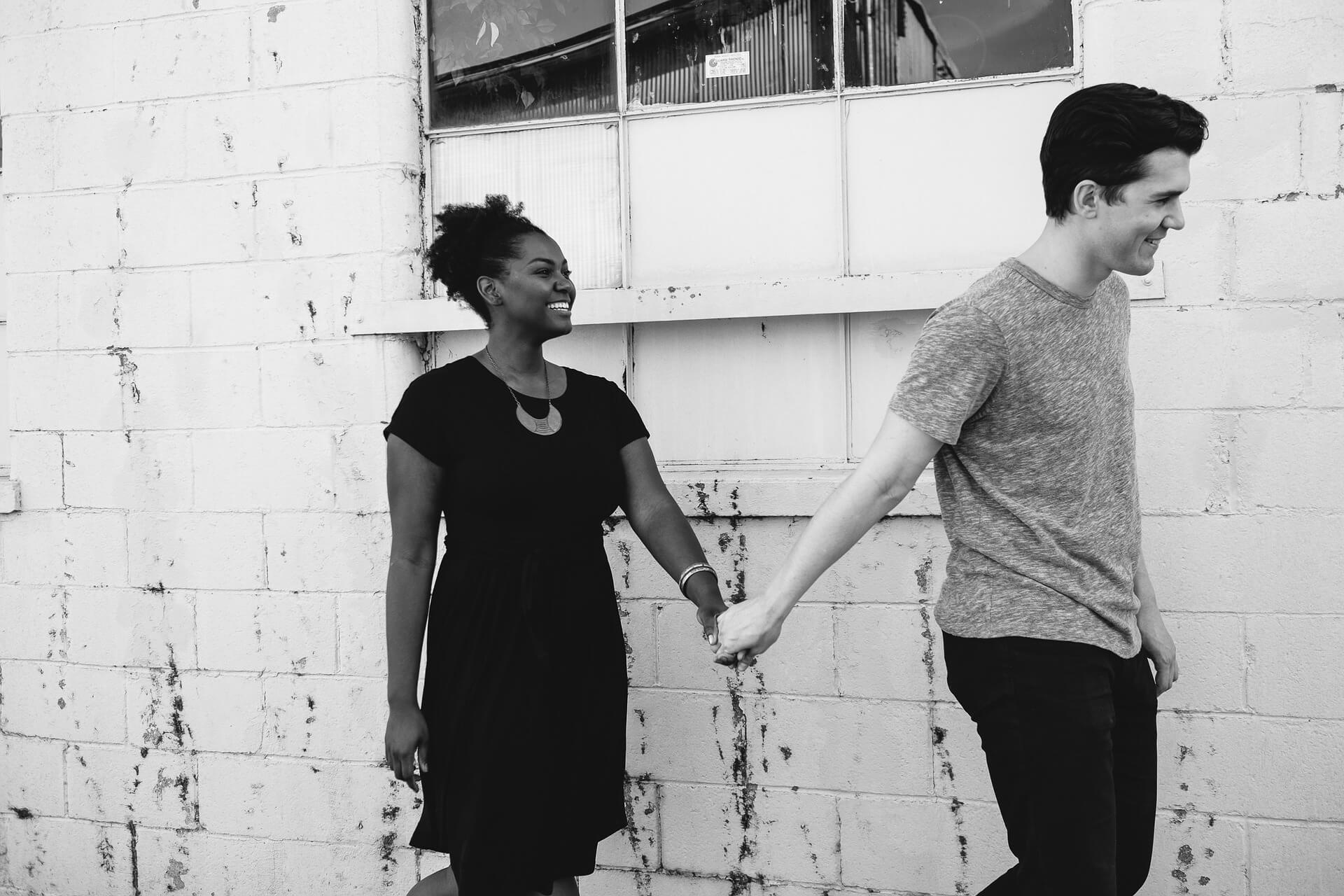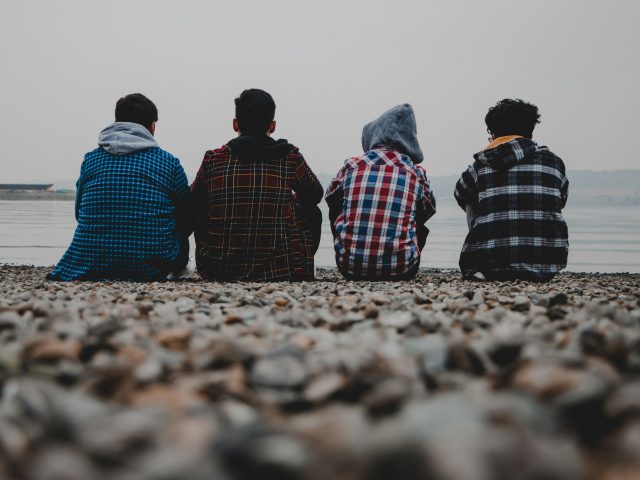Imagine this scenario: “Why’d you put mustard all over my fries?” Jack asks. Then Jill replies, “Well, you should’ve told me you don’t like mustard!”
This is an example of how often times people deflect ownership of their behaviors and play the blame game. Is Jack responsible for his now mustard-covered fries, or should Jill have taken responsibility for her behavior? Taking responsibility in your relationship is the acknowledgment and ownership of every action and word you say and do.
Why Taking Responsibility is Important
Taking ownership and responsibility for your actions is an important part of healthy relationships. Doing so is an empowering reminder that you have control over the role you play in your relationship. Taking responsibility creates trust and dependability. When you take responsibility for your behaviors, you demonstrate to your partner your willingness to be honest and vulnerable, which in turns encourages your partner to be open and authentic with you.
Being in the throes of my first relationship ever, I have learned a lot about myself. By being willing to accept that everyone makes mistakes, we learn how to take responsibility and grow. I have come to the realization that some of my behavior was unhealthy, and I chose to take responsibility for it. Recently, codependency was something my partner and I talked through. I recognized that I was relying too much on their affection and support and was not as engaged with supporting them. The support dynamic was imbalanced, and it showed in my low levels of self-confidence and need for my partner to be my only source of self-worth. When we communicated and I recognized that changing my behavior could make our relationship better, I took responsibility for working to change how we supported each other in the relationship. I was able to recognize the mutual importance of support, and this helped me grow in my relationship.
What Taking Responsibility Looks Like
It is important to distinguish between taking and deflecting responsibility for both you and your partner. Be aware of defensive responses which might include “stop being so sensitive” or “I didn’t know that you cared about that” or “you should’ve said something.” It’s not only important for you to take responsibility. It’s something that’s critical that your partner learn and do as well in order to have a healthy relationship.
For you, taking responsibility looks like practicing self-awareness. Another way is being able to apologize and accept that what you do affects your partner. For your partner, taking responsibility looks like having open communication with you about their feelings and being willing to admit they can grow from the hard parts of the relationship. Your partner learns to take responsibility when they own their behaviors and hold themselves accountable to their actions.
Accepting Misplaced Blame
There is an extremely important difference between taking responsibility and accepting misplaced blame. Taking responsibility is never accepting blame for things you didn’t do. For example, when your partner tells you that something is your fault, you don’t automatically take responsibility for whatever mistake it was. It’s common in unhealthy relationships, particularly codependent ones, for one person (the manipulator) to say, “it’s all your fault” and for his/her partner to say “it’s all my fault.” A lot of times, people may take responsibility for things that are not their fault, and they might even do so without consciously realizing it. Making excuses for your partner’s behavior or yourself is unhealthy and may lead to these unhealthy behaviors being ignored or accepted.
![]()
How to Practice this In Real Life
Taking responsibility is not just a one-sided practice. The following ways to use the empowering action of taking responsibility is important for both you and your partner to use and practice in your relationship.
1. Be Honest
“You have to love yourself before you love others” is a versatile phrase that has multiple meanings when applied to relationships. It can translate to “You have to be honest with yourself before you can be honest with others.” Being honest with yourself begins with a healthy sense of self-awareness. And being self-aware means you acknowledge that what you say and do impacts your partner.
For example:
Referring back to the mustard situation, imagine you’re Jill. A healthy response would be to take ownership of her actions and respond with something like, “Oh, I’m sorry! I should have asked you before I added mustard. I did not realize you didn’t like mustard, and this is my mistake.”
2. Act on Situations, Don’t React
When people are held accountable for their behaviors, they often become defensive. Getting defensive is a reaction. When you act on a situation, you can respond with clarity and awareness. You can practice acting on situations instead of reacting by taking deep breaths or counting to ten. It also helps to take a second and look at the situation from your partner’s perspective. It can be hard to think from the other perspective, especially in the heat of the moment. By being honest with yourself and your partner, you can effectively respond by taking responsibility.
For example:
Jill is reacting to Jack being upset instead of acting on her need to take responsibility. Acting instead of reacting allows you to clearly define a self-aware and honest answer to an unhealthy behavior.
3. Be Willing to Forgive Your Partner and Yourself
Everyone makes mistakes and forgiving yourself or your partner is important for moving past challenges and making your relationship stronger. When you view taking responsibility for your mistakes as an opportunity to learn, your relationship can become a place that fosters and celebrates growth. Forgiveness builds trust and accountability in your relationship, breaks down resentment, and stops the never fun “blame game.”
Taking responsibility for your behaviors in your relationship requires honest and open communication and a willingness to address unhealthy excuses with your partner. They’re not always easy discussions to have, but you’ll find that doing so builds trust within your relationship over time and is an empowering way to learn and grow.
Browse by Category

National Minority Mental Health Awareness Month: Addressing Abuse in Minority Communities
July is National Minority Mental Health Awareness Month, and it's an essential time to talk about our relationships and the…
Celebrate Your Freedom: Independence in Relationships
As Independence Day rolls around, let’s chat about something just…
Practicing Equality in Your Relationships
Equality is one of One Love’s 10 Signs of a…
How To Talk To A Friend In An Unhealthy Relationship
It’s not easy to know how to talk to a…
How to Practice Allyship Using the 10 Signs
During the month of June the United States observes both…















